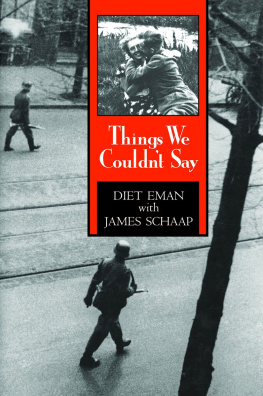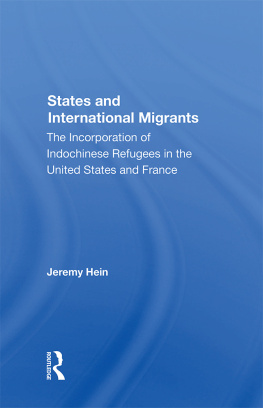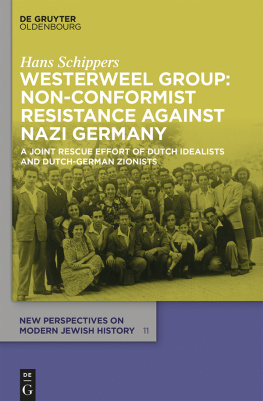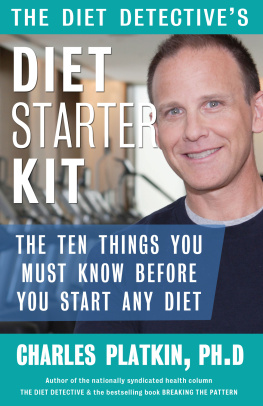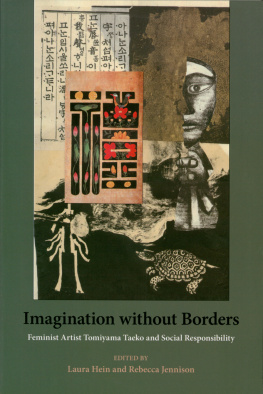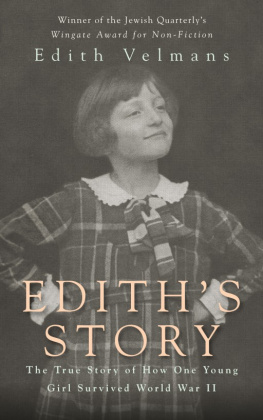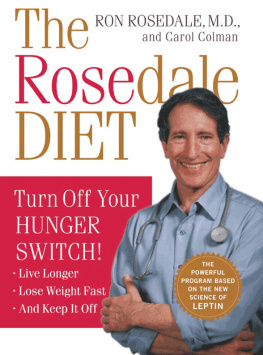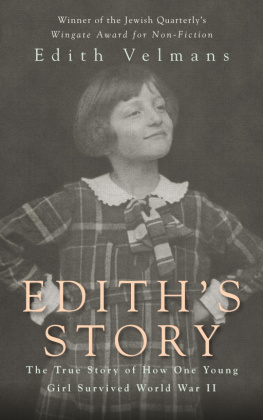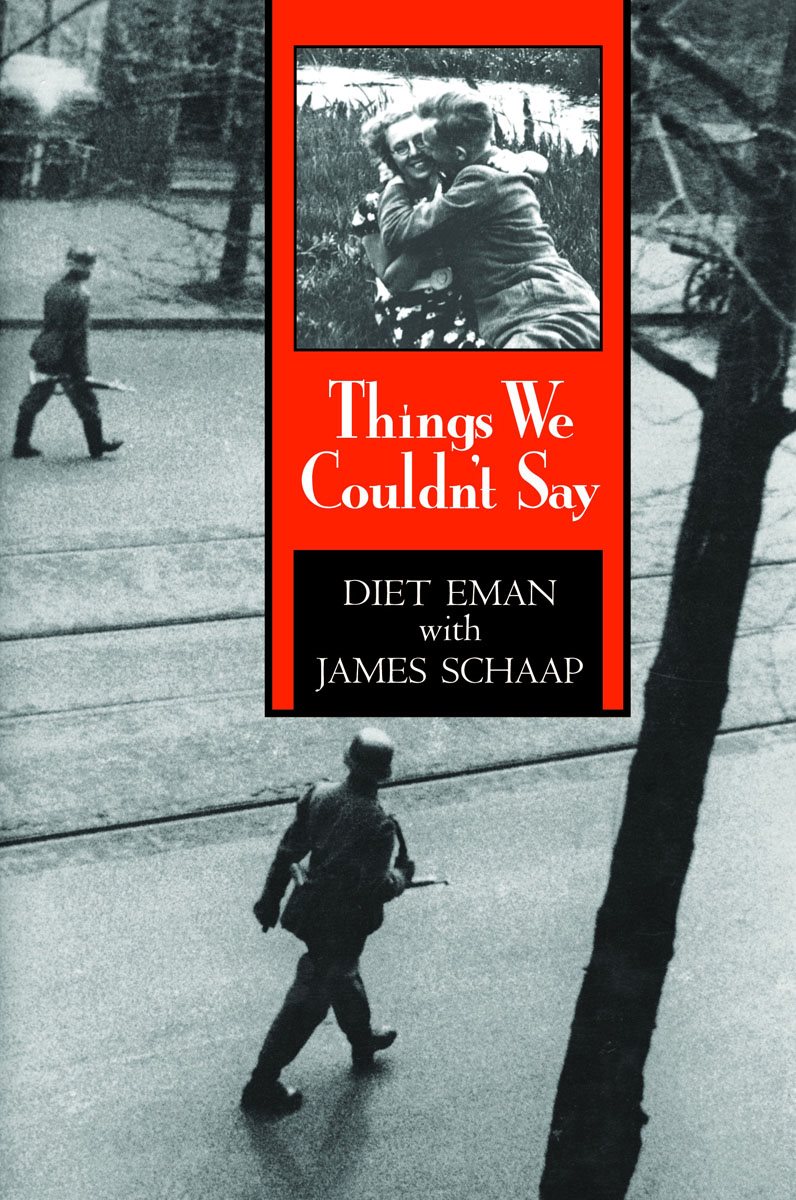
When Christ calls a man, he bids him come and die.
Dietrich Bonhoeffer, The Cost of Discipleship

Wm. B. Eerdmans Publishing Co.
2140 Oak Industrial Drive NE, Grand Rapids, Michigan 49505
www.eerdmans.com
1994 Wm. B. Eerdmans Publishing Co.
All rights reserved
Published 1994
Printed in the United States of America
23 22 21 20 19 18 17 13 14 15 16 17 18 19
Library of Congress Cataloging-in-Publication Data
Eman, Diet, 1920
Things we couldnt say / Diet Eman with James Schaap.
p. cm.
ISBN 978-0-8028-4747-8
1. Eman, Diet, 1920- . 2. World War, 1939-1945 Personal narratives, Dutch.
3. Holocaust, Jewish (1939-1945) Netherlands.
4. World War, 1939-1945 Jews Rescue Netherlands.
5. Righteous Gentiles in the Holocaust Netherlands Biography.
I. Schaap, James C., 1948- . II. Title.
D811.5.E44 1994
940.531809492 dc20 94-18828
CIP

December 11, 1939
Again, a conversation with the doctor. We always come back to the same point: The church may not mix in politics, he says. And I tell him that when you are a Christian and profess that God is almighty, there is no single area of life from which you can eliminate God.
from the diary of Diet Eman

To Mark,
without whose insistence this book never would have been written,
and to Joy
and to all the friends I worked with during those difficult years
Contents
The Hague, 1938

The Eman family. Diet (Berendina) on bottom left.

Hein Sietsma, about 18 years old.
A s far back as I can remember, my father ran a prosperous interior decorating business, with many people working for him making drapes and lace curtains, as well as hanging wallpaper and doing upholstery. He did a good deal of contract work for wealthy and important people in the Dutch city of The Hague.
But when I was nine years old, in 1929-30, a severe depression hit the Netherlands, just as it did the rest of Europe and America. At a time like that, no one can buy extras and accessories, nothing beyond the bare necessities. The depression left our family with little income so little, in fact, that it looked like I was not going to be able to go on to the university. I wanted to, of course, and all my teachers wanted me to go on; but father said that I could not. After all, he said, I was just a girl.
That was the only time I remember my mother and father actually quarreling. Mother felt that I should go on, but Father said no it was too expensive, and, after all, my brothers had to go to the university. Id probably just get married anyway. Mother fought very hard, but she lost.
I was always a tomboy. When my sister was sixteen, she loved to wear high heels and have her hair just so. But when I was that age, wherever I went, my hair was always a mess. I loved climbing trees and having adventures out in the country. My brother Albert and I and our friends used to pedal our bikes outside The Hague to little villages and farms, out to where we found pastures with sloten, those little brooks and moats that are still there today.
Sometimes on the tweede Paasdag, the second Easter day, or second Pentecost, the Monday school holiday after the important religious holidays, wed go out into the country and climb trees and jump ditches. Some of those sloten were quite wide, and of course eventually wed fall into the water. That was part of the fun of it, and I loved it.
My sister would plead with my mother, Dont let Diet do that, she would say. She should be much more ladylike.
One day a man from our church, the koster we called him in Dutch, the church janitor and bookkeeper, spoke to my parents.
I have an old friend whose name is Jilt Sietsma, said the koster, Mr. Reitsma. One of his sons has found a job here in The Hague at Shell Oil. This son cant pay much, but he needs a place to live.
Father looked over at Mother, because he left those kinds of decisions up to her. And besides being the decision-maker, she had a big heart.
I thought of the Emans, Mr. Reitsma went on, because you are such a nice family. Could you maybe take this boy in at least until he finds a place to live?
My mother wasnt taken with the idea, at least at first.
This boy is the oldest of a very large family, Mr. Reitsma said, and its a very sad story because the mother just recently died.
Immediately, my mothers heart melted. I cant take a boarder right now my life is too busy, she said. But I can take another son.
I was seventeen at the time, the third child of four in the Eman family. My sister Stephana we called her Fanny was the oldest at 25; my brother Arjan a very old Dutch name was a year younger than Fanny. Then came the kleintjes, the little ones, me and my little brother Albert, seven and eight years younger. I personally didnt like the idea of another family member at all. We were a very happy family, and it seemed to me that having this strange guy in our house, a young man only a year older than I was at the time, was nothing to get too excited about.
Hein Sietsma, his name was, and he had been born in the town of Marum in Friesland. At the time he came to live with us, his father was the principal of a tiny Christian school in Holk, a place that was hardly a town at all a little farming community just outside Nijkerk, Gelderland. When I was young, country places like Holk and Nijkerk seemed to me to be an entire age away from life in the city, in The Hague, where my family and I had always lived.
I even disliked the name Hein. To me, it was some kind of backward farmers name something like Old McDonald. Hein, I thought, what kind of a bumpkin name is that? I was studying Spanish at the time, and I loved Spanish names like Ramon, for example. Wouldnt it be something, I thought, to fall in love with someone named Ramon? But Hein! Ach, a person named Hein in our home and a male on top of it!
When my parents told me that he was coming to live with us, I threw a fit. I hate it, I told them, and his name is Hein, of all things! I was sure he would have freckles and red hair, a regular Frisian bumpkin.
When this Frisian farmboy came to live with us, we gave him the bed in the study room. In the Netherlands we had a kind of bed that Ive never seen in the States, something called an opklapbed, a wooden bed that appeared to be no more than a bookcase. It was very long and had curtains over it; and when you opened the curtains, you flipped out the bed from the wall and put it on the floor. So the opklapbed in the study at the front of the house was where we put this new member of our family.
Shortly after Hein came to live with us, I discovered that he was actually a pretty nice young man. But I had to stick to my guns. I had made it very clear to everyone that his coming to our house was an invasion. I tried really hard
Next page
